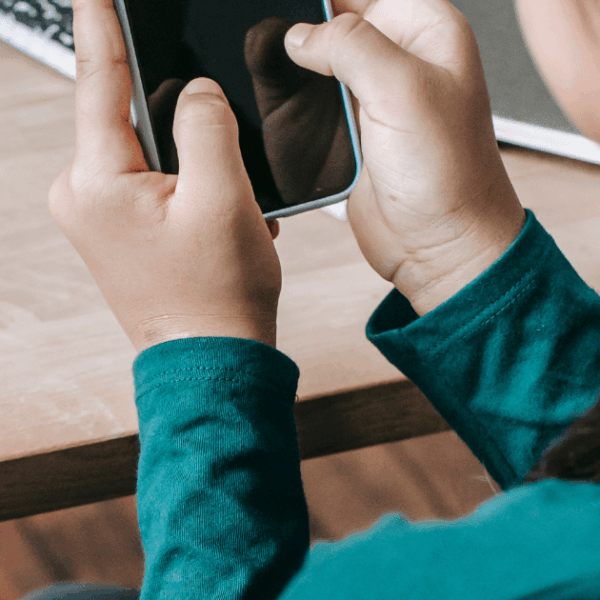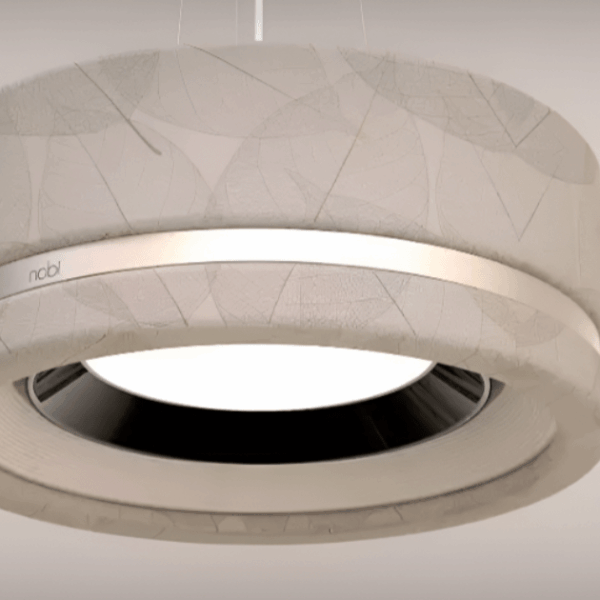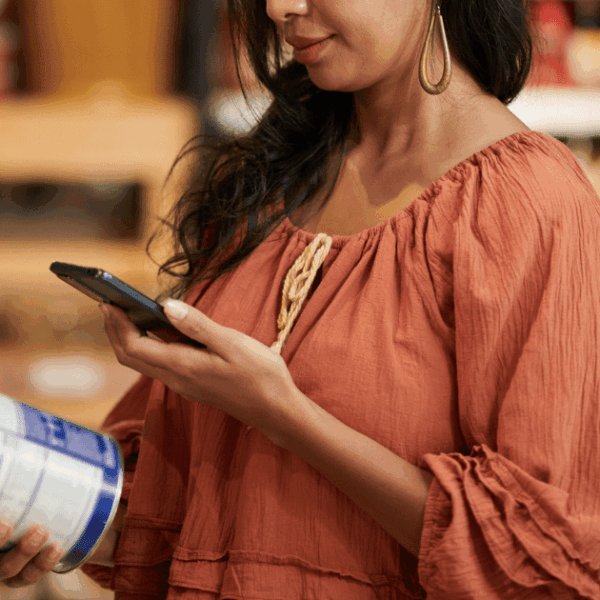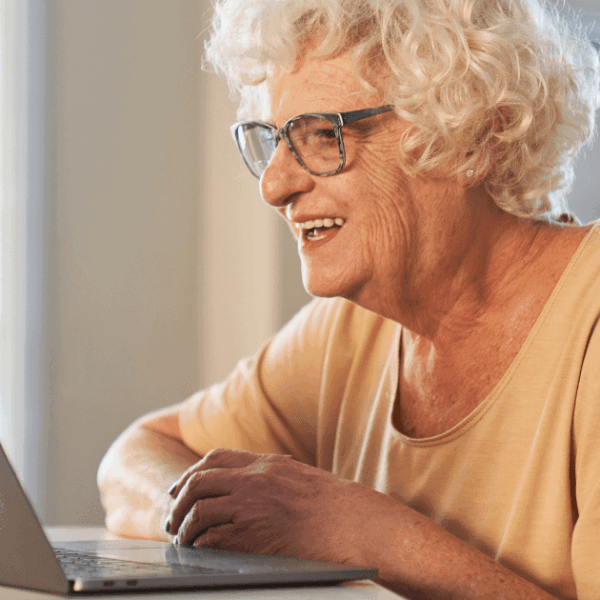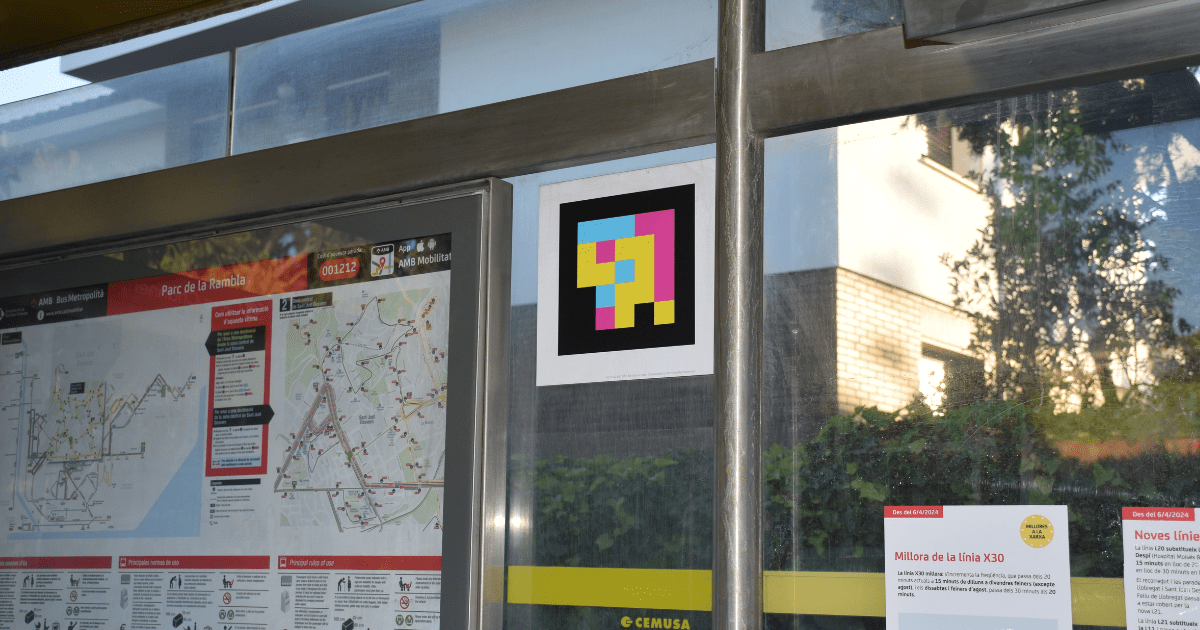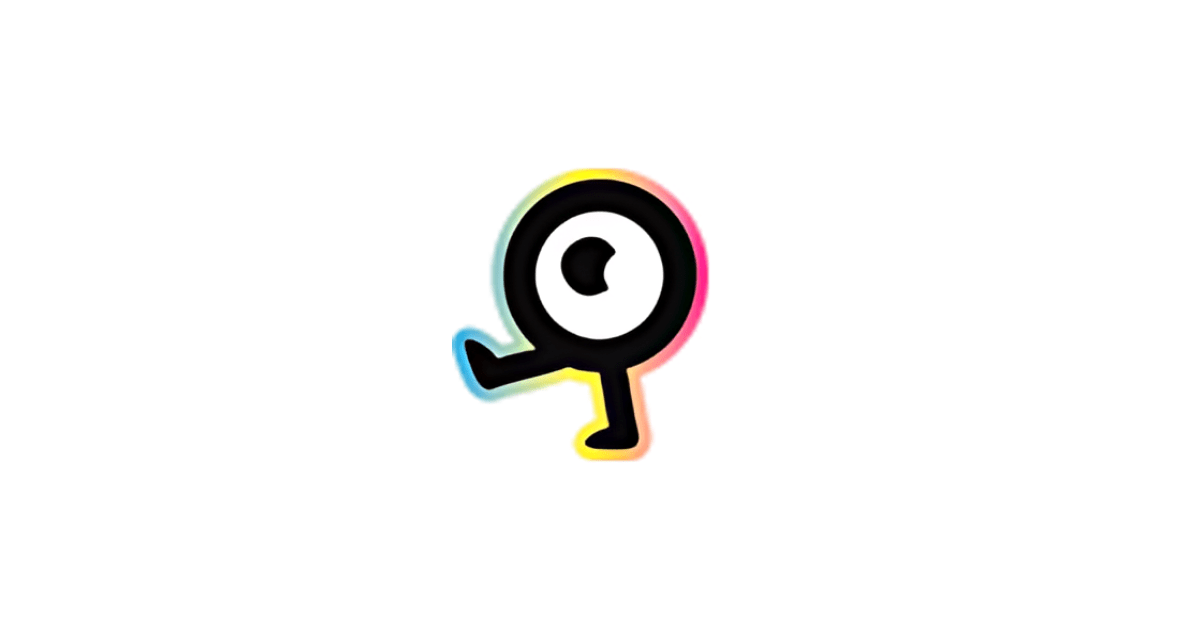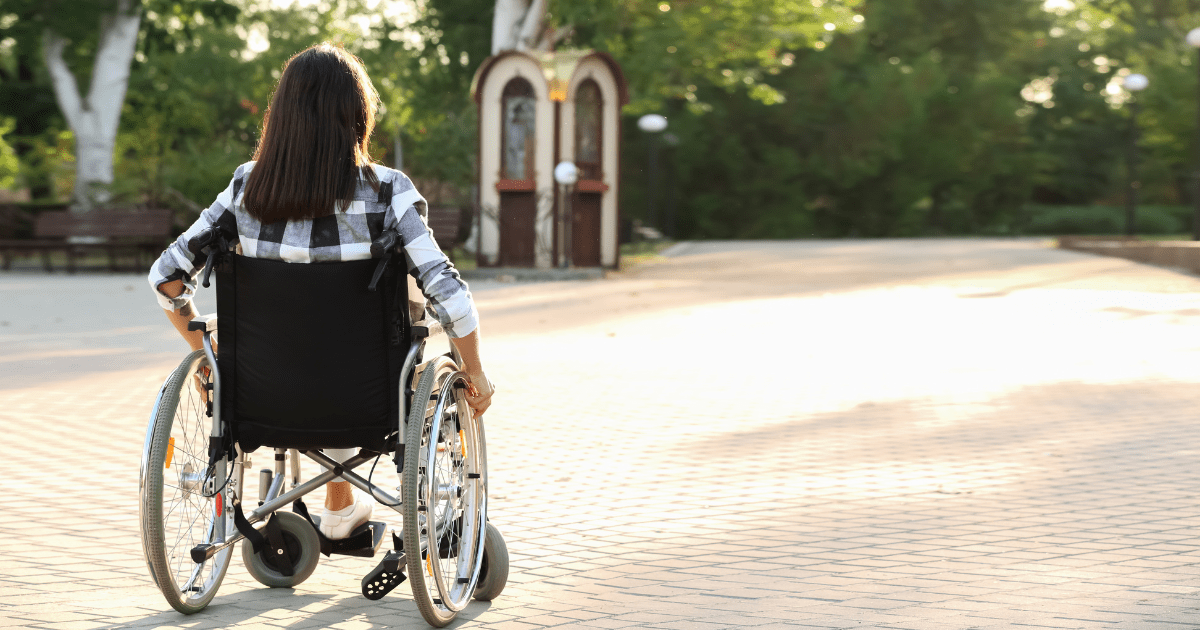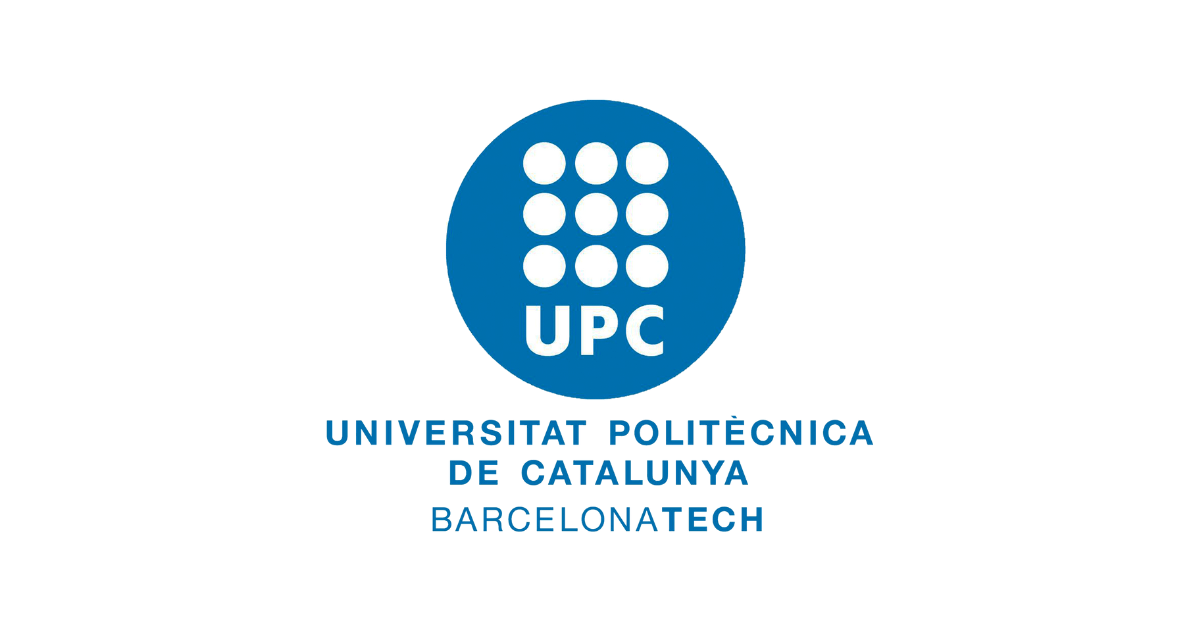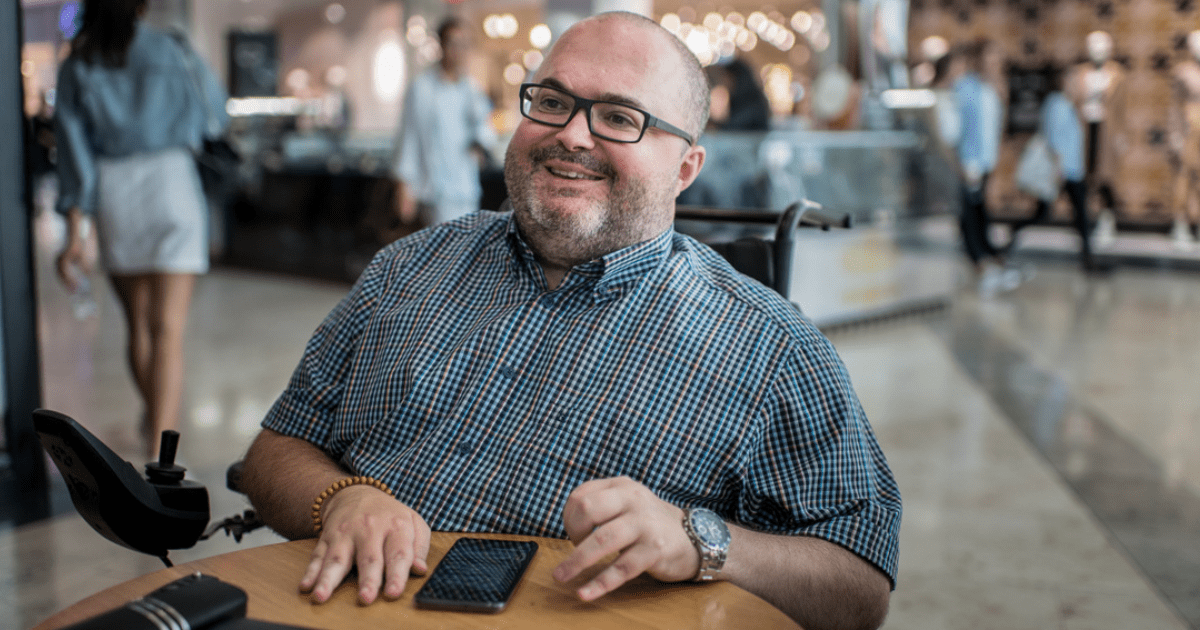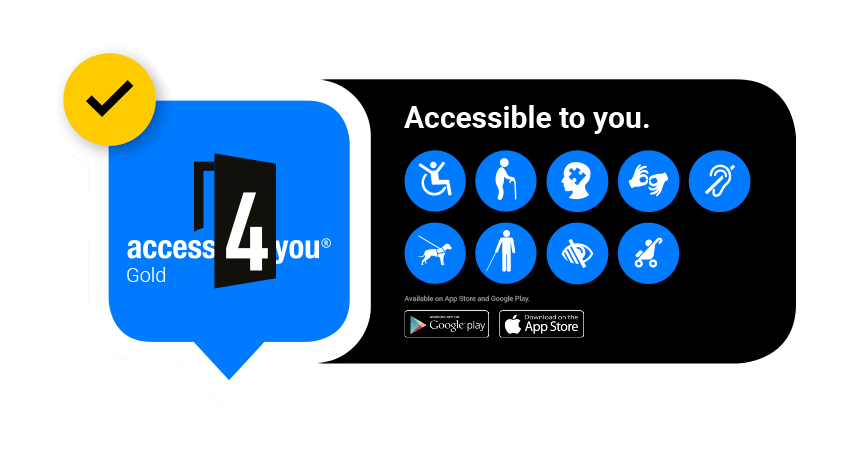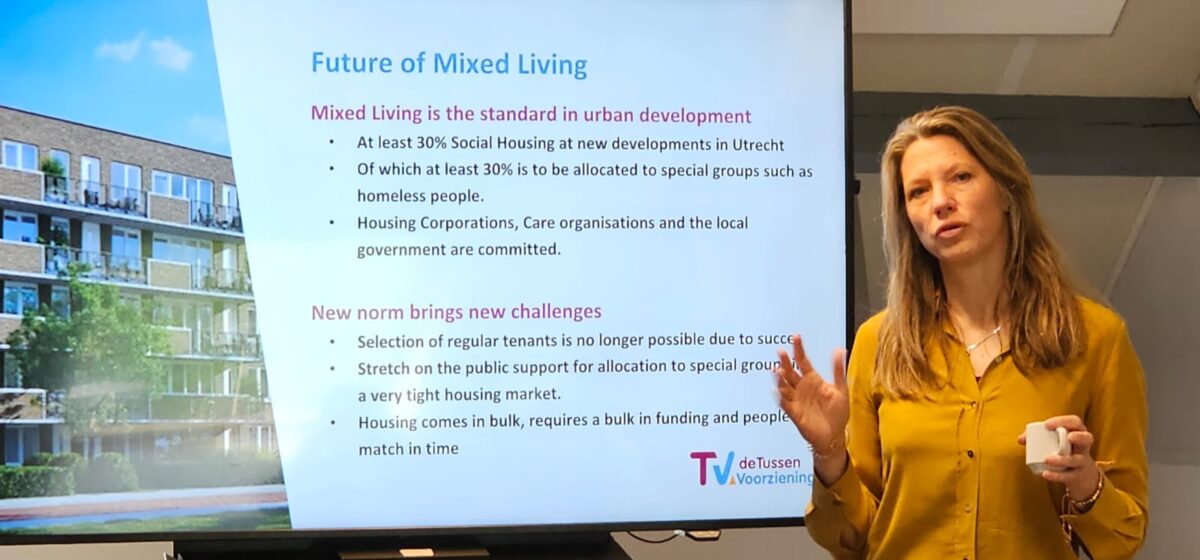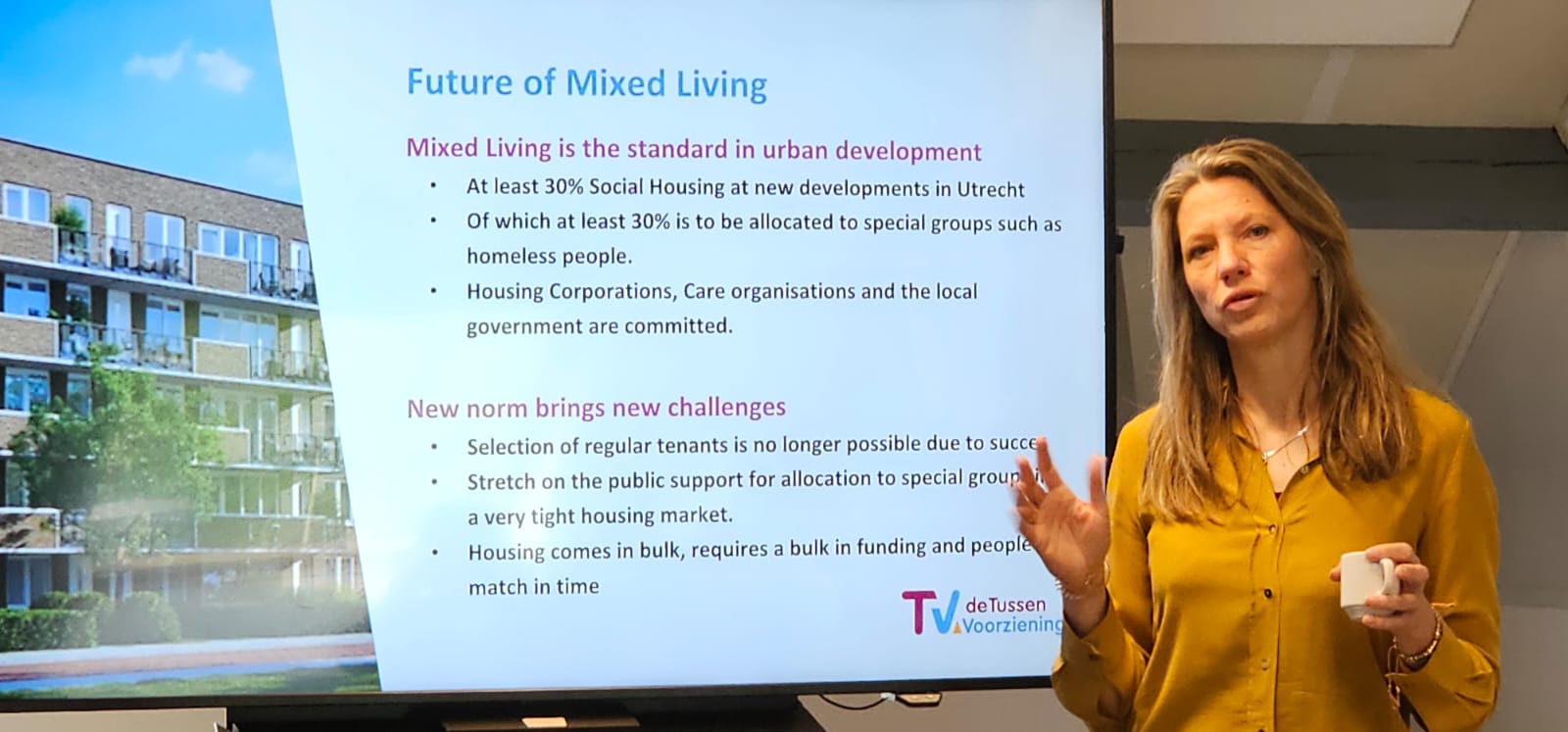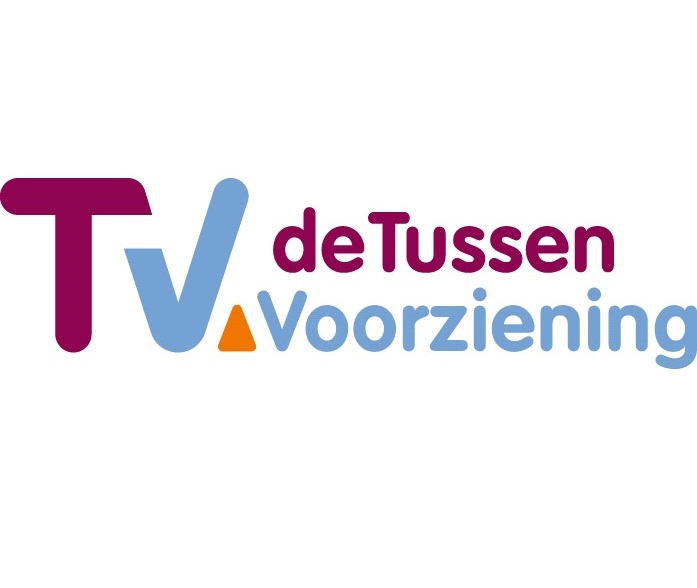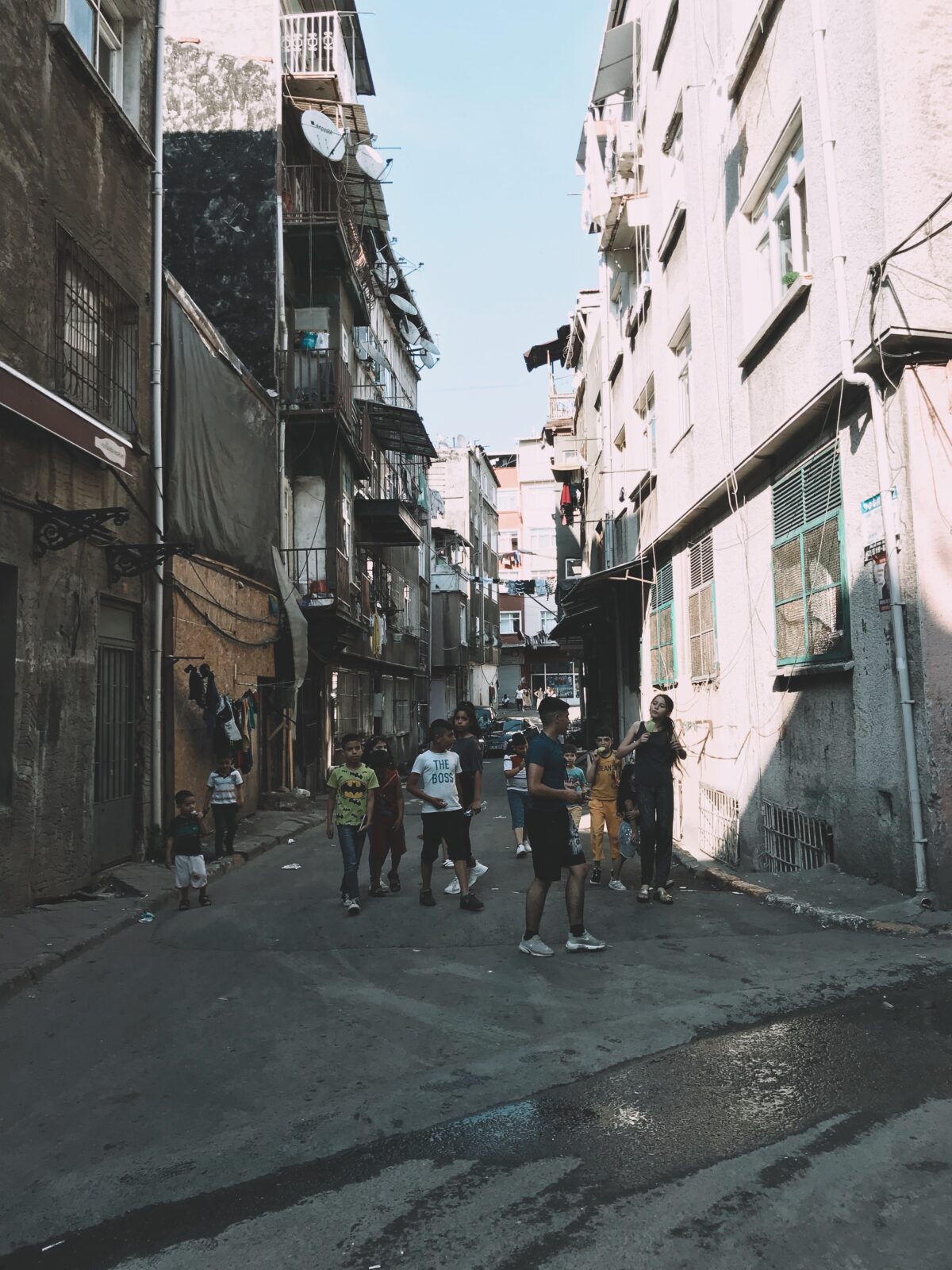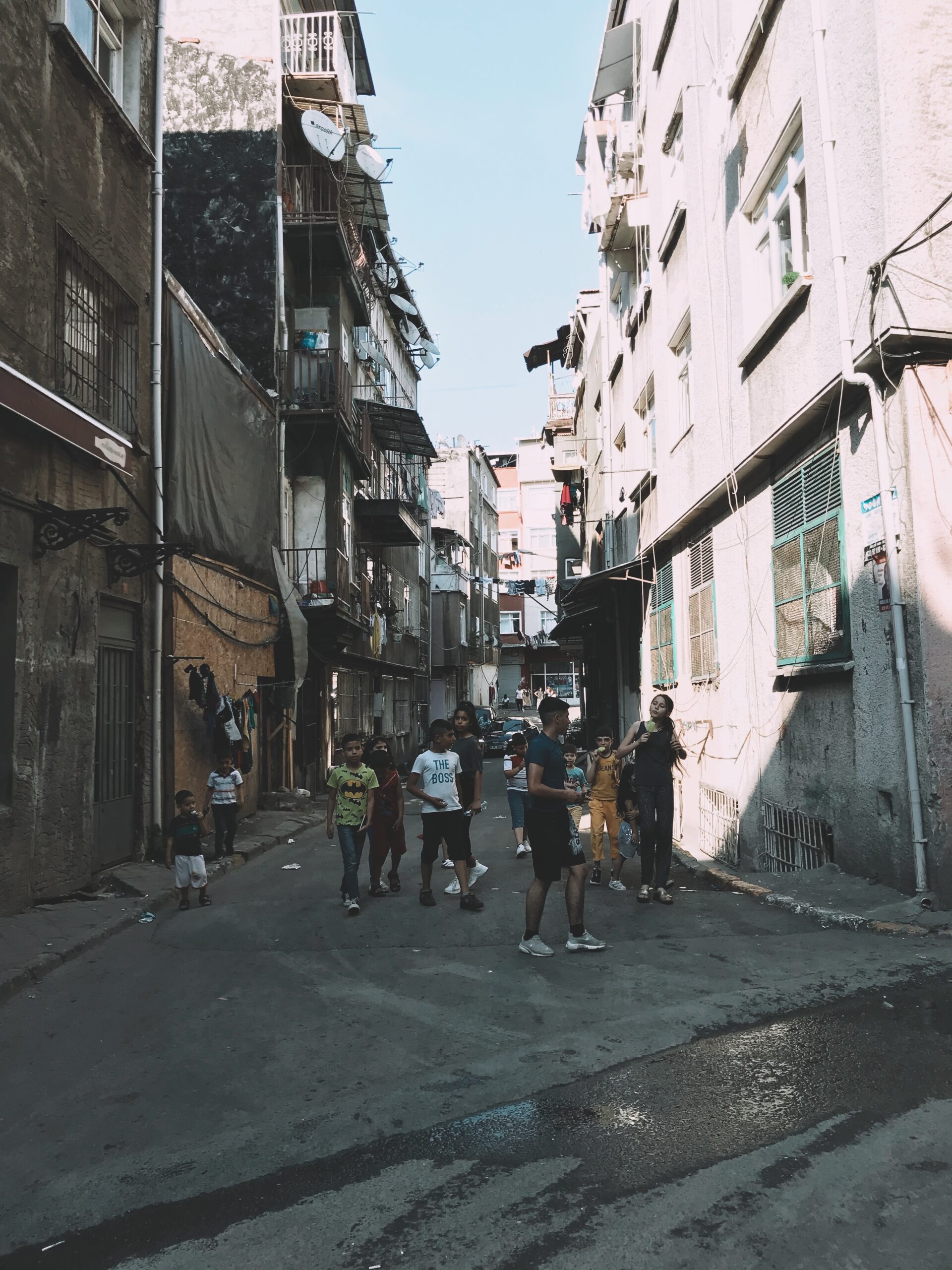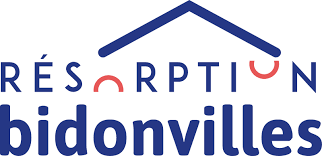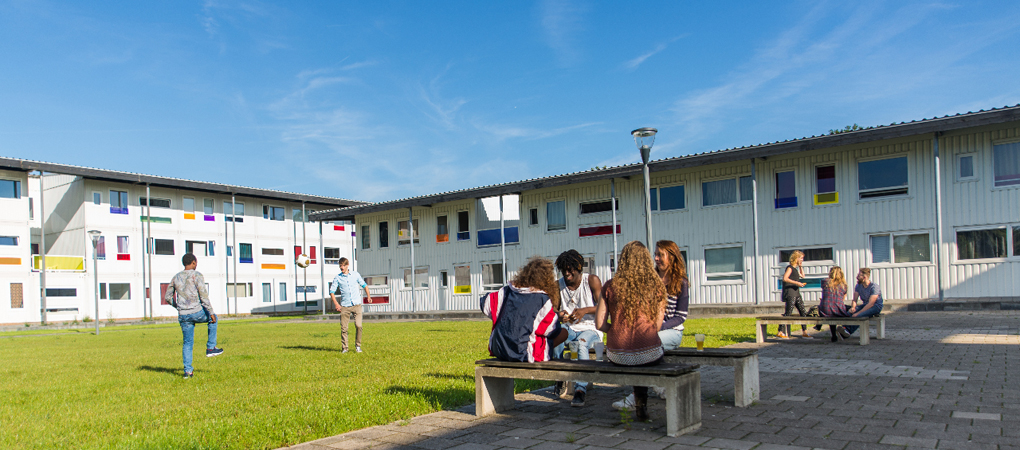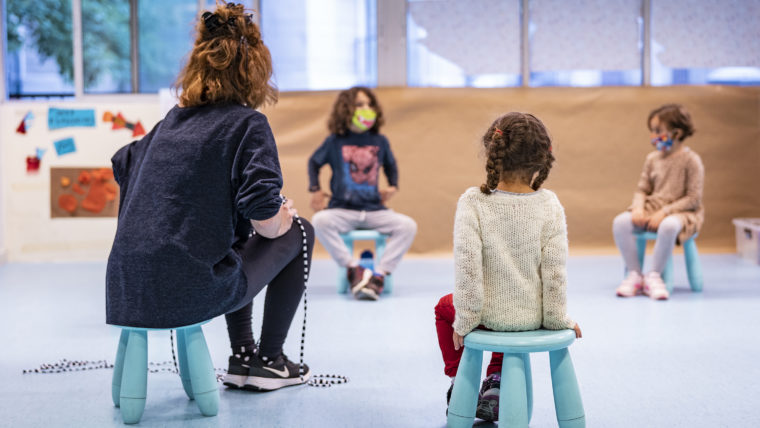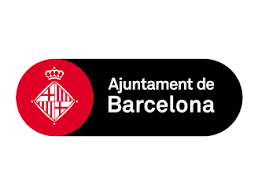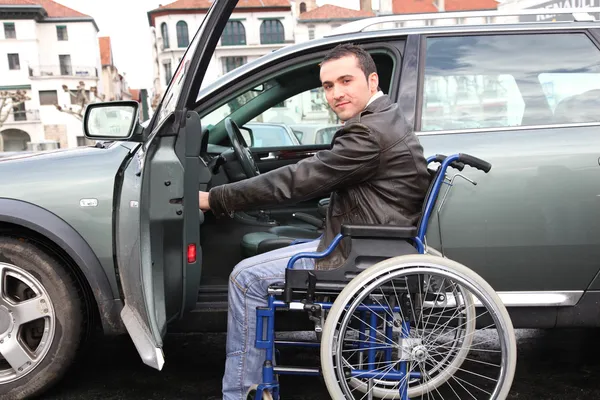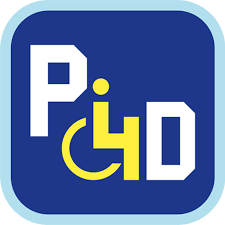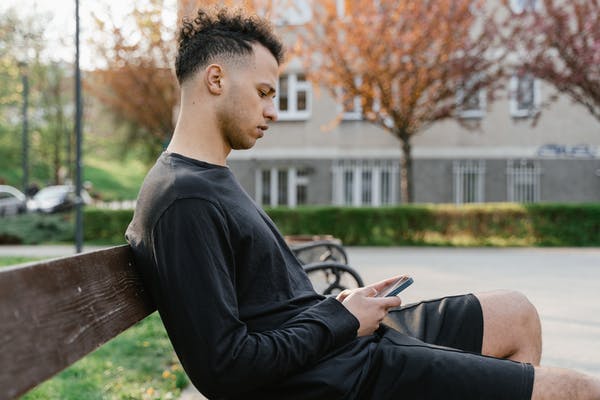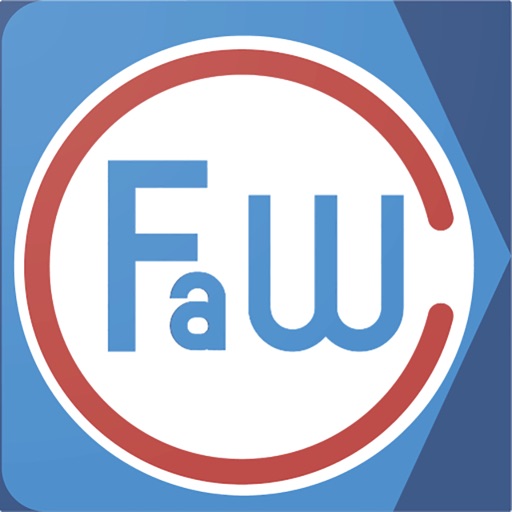Jooay, an app that helps children with disabilities find leisure activities
Jooay, an app that helps children with disabilities find leisure activities
Jooay
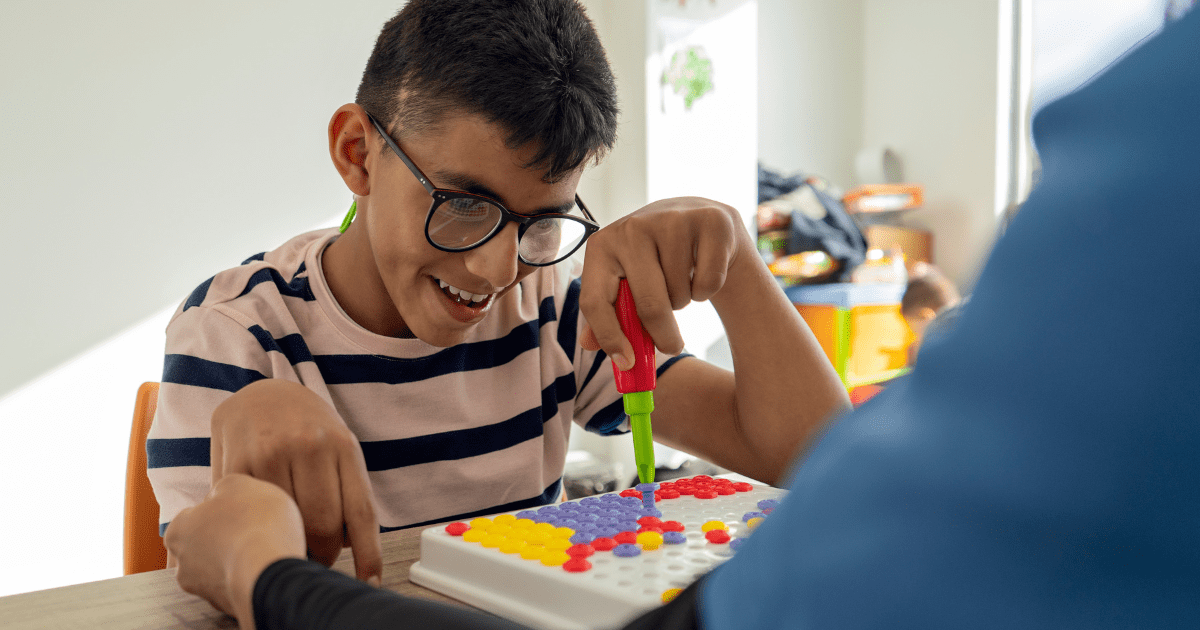
Free app that connects leisure activity offerings with families of children with disabilities
Leisure and sports are vital for the development, health, and well-being of children with disabilities, but families often struggle to find activity programs that meet their needs. Additionally, many recreational offerings are not accessible to this group.
Jooay is a free app that helps children with disabilities and their families find nearby, accessible, and suitable leisure opportunities that meet their needs and preferences. The platform also helps parents, professionals, and educators connect, exchange experiences, and learn from one another.
To reach as many families as possible, the team of researchers, developers, and collaborators participate in various research projects. The team of Dr. Keiko Shikako, co-creator of Jooay, has studied what makes communities inclusive and has published the Child Community Health Inclusive Index. They have also examined how the development and design of inclusive technologies can help young people with various disabilities improve their health outcomes.
Characteristics of innovation
Localization
Canada
Partners / Funders
Childhood Disability Link, CHILD-BRIGHT network, Canadian Institutes of Health Research, The Montreal Children’s Hospital Foundation/Operation Enfant Soleil, Telus Friendly Future Foundation, Centre de Recherche Interdisciplinaire en Réadaptation du Mont´real Metropolitain
Genesis
In 2016, after noticing the lack of support and leisure activity offerings for families with children with disabilities, Dr. Shikako decided to create an app that would provide easy access to proposals specifically designed for these children. Jooay started in Quebec and expanded to five other provinces in Canada.
Two years later, the team launched a second version of the app with the support of the CHILD-BRIGHT network. From the early stages of Jooay, parents, youth, and families have been part of the core research team.
Level of implementation
Jooay provides information on nearly 4,000 activities in all provinces and territories of Canada. In 2019, Canadian political representatives cited Jooay at the United Nations Conference on the Rights of Persons with Disabilities as one of the country’s most relevant actions to advance towards inclusive societies.
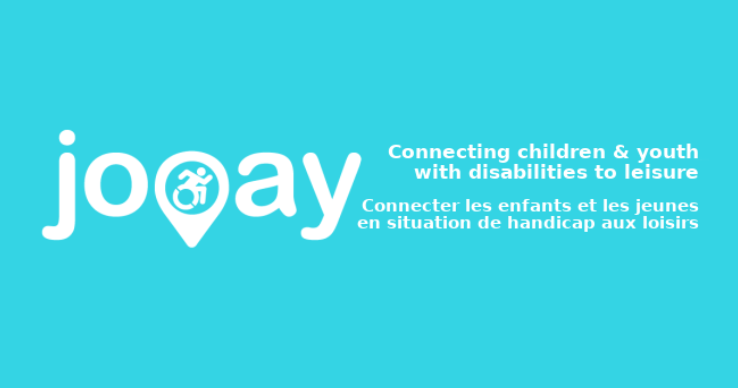
Banc d’innovacions

